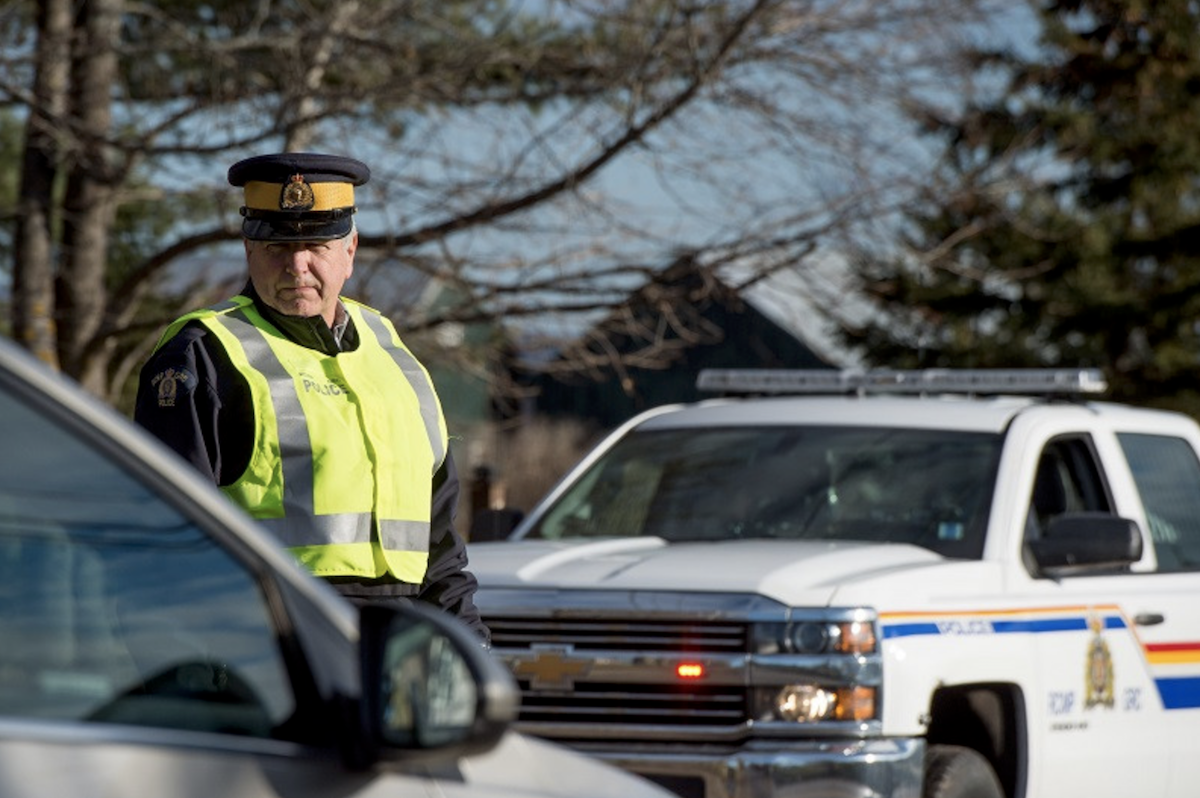News
Impaired driving laws face test
Published on April 2, 2019 by David Wylie

Impaired driving laws are going to be tested.
Less than six months after legalization, a Nova Scotia woman says she’ll be the first to challenge cannabis driving laws in court.
Michelle Gray, who uses cannabis oil and dried cannabis to treat her multiple sclerosis symptoms, is pushing back after she tested positive for pot at a roadside checkpoint.
“It was a traumatic event for me,” Gray told CTV News, adding her teen son was with her in the car and watched as police arrested her in early January.
Gray says she had used cannabis about six hours before being given a THC saliva test at the checkpoint.
RCMP officers brought her to Halifax Regional Police headquarters and administered an expanded sobriety test, which she passed.
“Just because I tested positive for that roadside test for impairment does not mean I was impaired,” she says.
Yet Gray had her licence suspended and car impounded under Nova Scotia’s Motor Vehicle Act anyway.
Couldn’t come soon enough
A precedent-setting court case couldn’t come soon enough, especially one with a medical user at the centre.
Currently, police have sweeping powers to accuse, prosecute and punish you outside the courtroom. Lawyers complain drivers have little recourse to defend themselves — even if they just look stoned because they didn’t sleep last night or have some medical condition that makes them appear under the influence.
Still, this case will only be the legal tip of the iceberg.
“Something you all should know is she was charged under the provincial law, so the federal blanket prohibition will not be challenged… yet,” said Toronto-based cannabis lawyer Harrison Jordan.
We look forward to seeing today’s placeholder laws evolve based on current research and science, rather than be slammed into the alcohol impairment model.
Photo credit: RCMP
Leave a comment on our Facebook page.
© Copyright 2019 Okanagan Z. | About the oz.
Report a Typo or Inaccuracy
We strive to avoid typos and inaccuracies. However, on occasion we make mistakes. We value your contributions and help in correcting them.